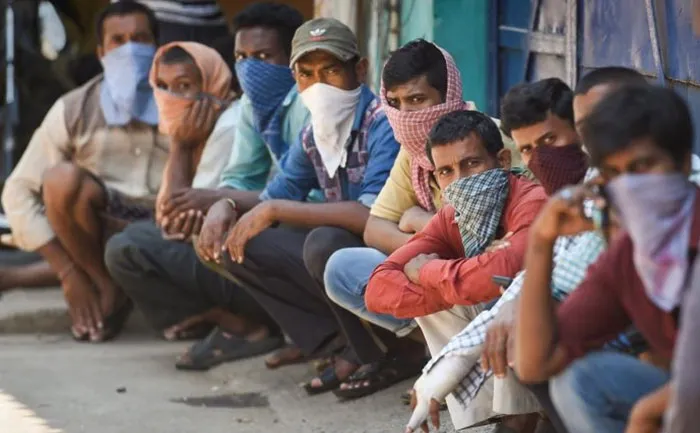The Coronavirus Pandemic is a major cause of concern for nations across the globe. The virus is having a catastrophic effect on working hours and earnings, globally. Worldwide, two billion people working in the informal sector, are, particularly at risk. COVID-19 is already affecting tens of millions of informal workers in the world. In India, Nigeria, and Brazil, the number of workers in the informal economy affected by the lockdown is substantial.
As per a UN’s labour body report, about 400 million people working in the informal economy in India are at risk of falling deeper into poverty due to the coronavirus crisis. It is expected to wipe out 195 million full-time jobs or 6.7 percent of working hours globally in the second quarter of this year.
The International Labour Organization (ILO) in its report titled ‘ILO Monitor 2nd edition: COVID-19 and the world of work’, describes coronavirus pandemic as “the worst global crisis since World War II”.
ILO said, “In India, Nigeria, and Brazil, the number of workers in the informal economy affected by the lockdown and other containment measures is substantial. In India, with a share of almost 90 percent of people working in the informal economy, about 400 million workers in the informal economy are at risk of falling deeper into poverty during the crisis. Current lockdown measures in India, which are at the high end of the University of Oxford’s covid-19 Government Response Stringency Index, have impacted these workers significantly, forcing many of them to return to rural areas.”
The report added that the eventual increase in global unemployment during 2020 will depend substantially on future developments and policy measures. There is a high risk that the end-of-year figure will be significantly higher than the initial ILO projection of 25 million.
To combat the falling economy, Large-scale, integrated, policy measures are the need of the hour. Focus on supporting enterprises, employment and incomes; stimulating the economy and jobs; protecting workers in the workplace; and, using social dialogue between government, workers, and employers are some of the ways to find solutions.
Also Read: COVID-19 Pandemic: 14-month-old could be India’s youngest casualty as cases cross 5,000


